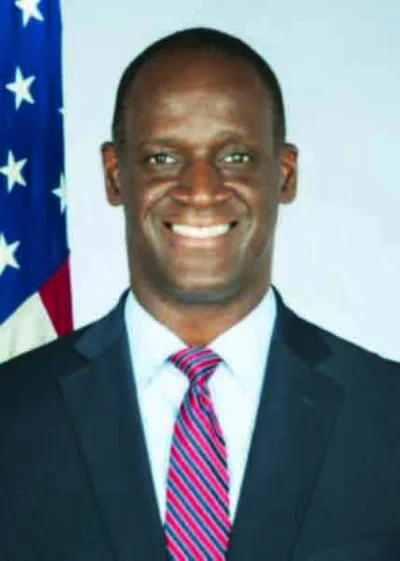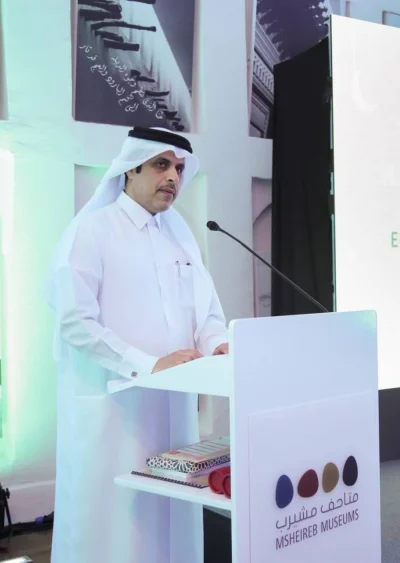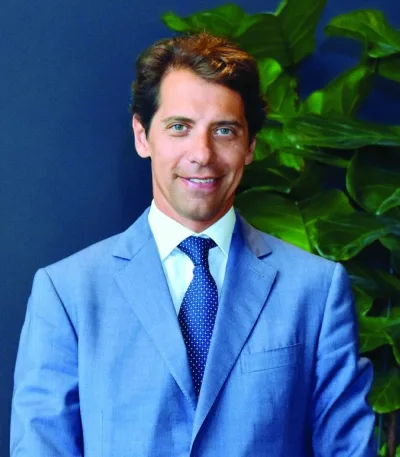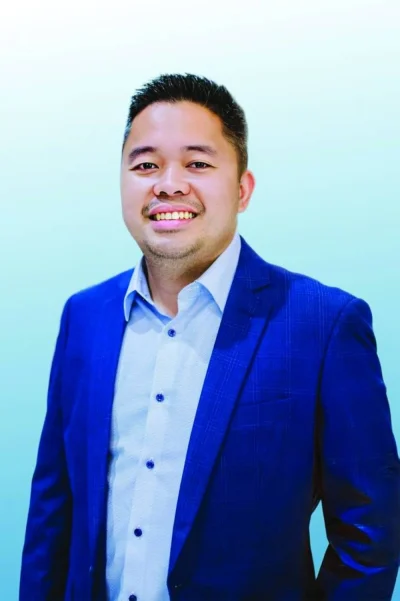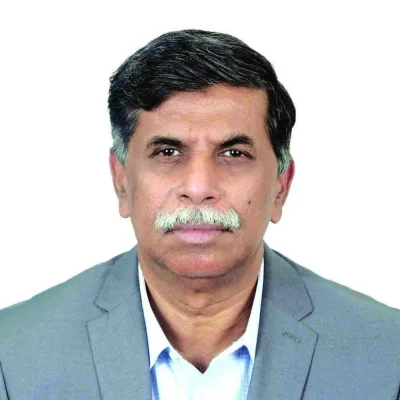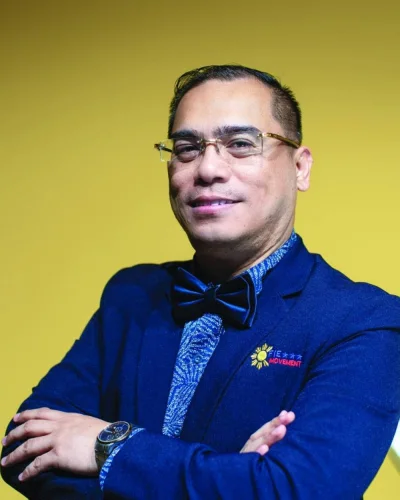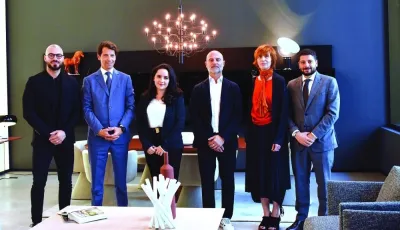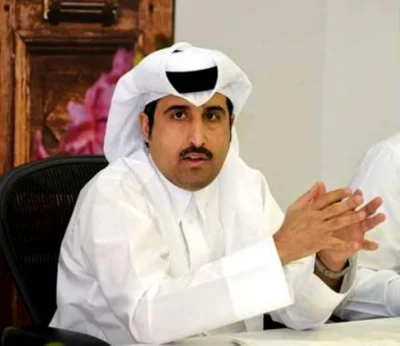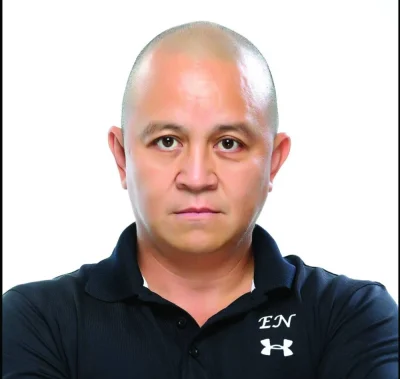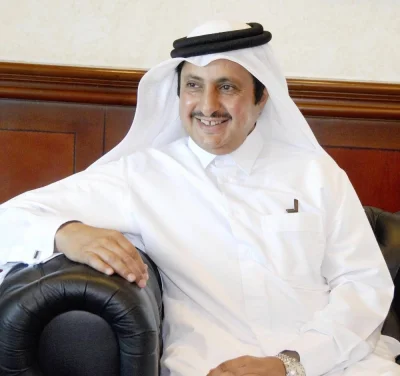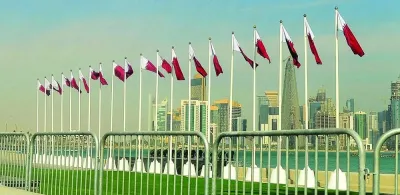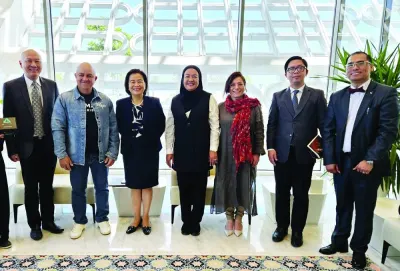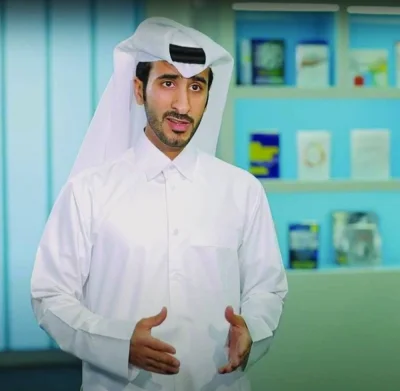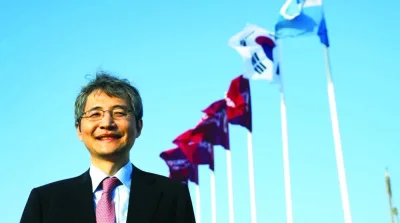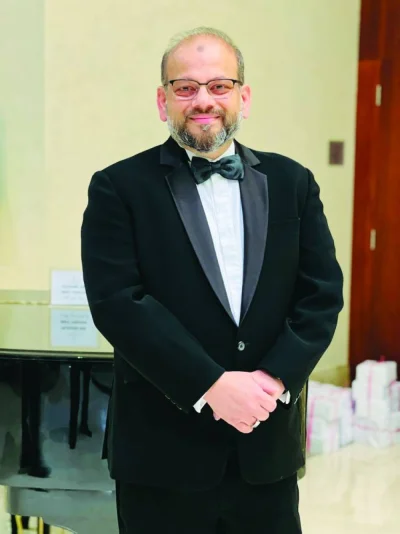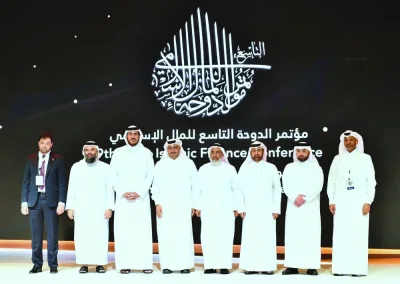US ambassador to Qatar Timmy Davis has highlighted the significant role of small and medium-sized enterprises (SMEs) in creating a sustainable economy for both the US and Qatar ahead of a major investment roadshow happening in the US next month.Speaking to Gulf Times on the sidelines of the ‘Earth Talk Series’ hosted recently by Msheireb Museums, in partnership with Arab Youth Climate Movement Qatar, at the Bin Jelmoud House, Davis said the US embassy in Qatar “has been doing a lot of work” on the ‘SelectUSA Investment Summit’ slated in Washington, DC, on May 1-4.Davis said the embassy has been in talks with different private and public entities and organisations in Qatar and the US to raise awareness and promote the SelectUSA Investment Summit among stakeholders, major players, and businesspeople from both countries.“We’re going to get everyone in the same room, including the US Federal Government’s team of experts who will talk about a wide range of topics, such as how to transport a business from the US to Qatar and vice versa.“And we’ve done a lot of work to make sure that the right people show up at SelectUSA to ensure that everyone’s valuable time is used in the best way possible so that we can advance an economic relationship that we think is already ‘roaring’,” Davis explained.To help Qatari companies identify potential investment opportunities in the US, Davis said the embassy’s Foreign Commercial Service team is constantly working with Qatari businessmen and women not only to help identify opportunities but to help educate them in US laws and how US corporations are built.“We have a robust team, and there’s this constant conversation we’re having with experts at the US embassy. If there’s a question from a Qatari entrepreneur, he or she can get the answer tomorrow. We’re not waiting for a once-a-year event; we have a team that’s constantly working on this and constantly available for a conversation about the ins and outs of investment,” he stressed.Davis also underscored the role of SMEs in economic development, saying the US economy is driven by small and medium businesses. He also lauded Qatar’s focus on enhancing its entrepreneurship culture and ecosystem as it diversifies away from its hydrocarbon industry.He described the country’s SMEs as “a foundation that goes beyond energy,” citing the Qatar National Vision 2030’s goal of transforming the country into a knowledge-based economy, and other programmes that focus on agricultural technology and ICT, among others.The ambassador also noted that “the future of the US or Qatar economy” is going to be focused on SMEs, and that partnerships between entrepreneurs have “actually built the foundation for a sustainable economy.”During the ‘Earth Talk Series’, which carried the theme ‘Islam and the Environment’, Davis, who delivered the opening keynote, was joined by Mark Bryant (Abdallah Bryant), senior consultant of the UK-based Islamic Foundation for Ecology and Environmental Science and EcoIslam, who gave a presentation.“Like Qatar, the US shares global environmental concerns and advocates for innovative and sustainable solutions to halt and reverse the negative impacts of climate change...the US embassy’s local eco-diplomacy initiatives with the Arab Youth Climate Movement Qatar, for example, align with both the US and Qatar’s global mission to protect our planet for current and future generations.“Qatar’s commitment to sustainability and efforts to expand non-hydrocarbon sectors, in line with the Qatar National Vision 2030, and its actions to reduce its reliance on hydrocarbons, will ensure economic prosperity and have cascading effects on the region and around the world,” Davis pointed out.Davis also told Gulf Times that Qatar has been among the leaders in managing climate change, citing the recent launch of the Cadillac Lyriq in Qatar. He said General Motors intends to have an all-electric fleet by 2035.“While the country is an energy producer, Qatar also built solar farms and a carbon capture facility, and so as the world transitions away from fossil fuels and towards renewable energy, Qatar is trying to be part of that solution and is trying to take the lead, so having electric vehicles here makes sense.“General Motors’ identification of Qatar as a place where electric vehicles would do well is just a signal that the country has already demonstrated that managing climate change is a priority,” Davis added.

Peter Alagos
Peter Alagos reports on Business and general news for Gulf Times. He is a Kapampangan journalist with a writing career of almost 30 years. His photographs have been published in several books, including a book on the 1991 Mt. Pinatubo eruption launched by former Philippine president Fidel V. Ramos. Peter has also taught journalism in two universities.
Most Read Stories
3

